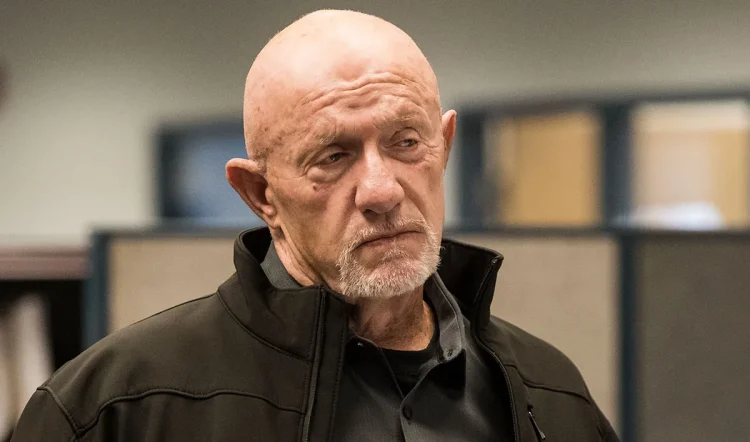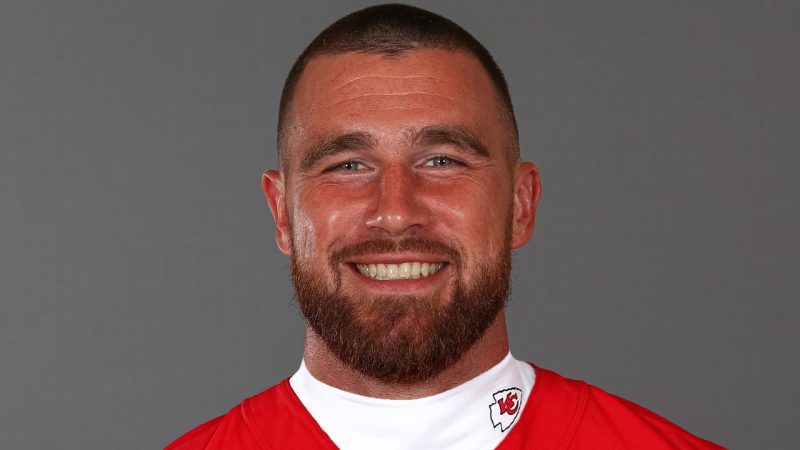Breaking Bad: The Complex Character of Mike Ehrmantraut

Mike Ehrmantraut stands out as one of the most compelling and enigmatic figures. Portrayed masterfully by Jonathan Banks, Mike’s character embodies a unique blend of intelligence, moral ambiguity, and a deep sense of loyalty. This article delves into Mike’s background, his role in the series, his relationships with other characters, and the themes that his character represents.
Mike’s Background
Mike Ehrmantraut is introduced to the audience in Season 2 of “Breaking Bad.” He initially works as a fixer for Gus Fring, a drug lord with an empire built on a meticulous and business-like approach to the drug trade. Before his entrance into the drug world, Mike had a career as a police officer in Philadelphia. His past as a law enforcement officer informs much of his character, particularly in his methodical approach to problems and his moral code, albeit a skewed one given his current profession.
Mike’s background provides a foundation for his actions throughout the series. He is a character who has seen the darker side of humanity, and this experience shapes his perspective on loyalty, betrayal, and the consequences of one’s choices. Unlike other characters who are caught in the chaos of the drug world, Mike operates with a sense of control and purpose, which makes him a fascinating foil to characters like Walter White and Jesse Pinkman.
Mike’s Role in the Series
Mike’s role in “Breaking Bad” evolves significantly throughout the series. Initially, he is introduced as a stoic enforcer for Gus Fring. His calm demeanor and tactical mindset make him a valuable asset to Gus, who requires someone who can manage problems efficiently and discreetly. This relationship is crucial as it places Mike in the center of the show’s escalating conflict between Gus and Walter White.
Loyalty to Gus Fring
Mike’s loyalty to Gus is rooted in mutual respect and shared goals. Gus is portrayed as a highly intelligent businessman who maintains a clean public image while conducting illegal activities behind the scenes. Mike admires Gus’s ability to maintain control and order in the chaotic drug world. Their partnership is marked by a level of professionalism that contrasts sharply with the impulsive and emotional behavior of Walter White.
However, as the series progresses, the tension between Mike and Walter begins to mount. Walter’s unpredictable nature and increasing ambition lead him to clash with Mike, who is wary of Walter’s lack of respect for the established order. This tension ultimately culminates in a power struggle that showcases the different philosophies each character embodies.
Conflict with Walter White
Mike serves as a counterbalance to Walter White’s character. While Walter’s descent into the criminal underworld is fueled by pride and a desire for power, Mike approaches his work with a sense of pragmatism. He understands the consequences of their actions and is often the voice of reason amidst the chaos that Walter creates.
One of the most significant moments that encapsulate their conflict occurs in Season 5 when Walter orders Mike to eliminate witnesses who could jeopardize their operation. Mike, adhering to his moral code, refuses to kill innocent people, leading to a pivotal confrontation between the two characters. This moment highlights the stark difference in their approaches: Walter’s willingness to resort to violence for his own gain versus Mike’s more measured and principled stance.
Relationship with Jesse Pinkman
Mike’s relationship with Jesse Pinkman is equally complex. Initially, Mike views Jesse as a liability, a reflection of Walter’s chaotic influence. However, as the series progresses, a begrudging respect develops between the two characters. Mike recognizes Jesse’s potential, and their interactions provide moments of levity amid the dark narrative.
In many ways, Mike becomes a mentor to Jesse, offering guidance and advice that contrasts with Walter’s manipulative tendencies. Mike’s genuine concern for Jesse’s well-being is evident, particularly in the later episodes of the series. This mentorship dynamic adds depth to both characters and serves as a poignant reflection of the series’ broader themes of choice, consequence, and redemption.
Themes Represented by Mike
Mike Ehrmantraut is more than just a supporting character; he embodies several significant themes that resonate throughout “Breaking Bad.” His presence amplifies the show’s exploration of morality, loyalty, and the complexities of human nature.
Morality and Ethics
One of the central themes in “Breaking Bad” is the moral ambiguity of its characters. Mike operates within a morally gray area, straddling the line between right and wrong. His past as a police officer suggests a commitment to justice, yet his current role as a fixer for a drug lord complicates this narrative.
Mike’s moral code becomes evident in his reluctance to engage in violence against innocent people. He understands the consequences of their actions, highlighting the ethical dilemmas faced by characters in the series. Mike’s perspective serves as a reminder that even those who operate in the criminal underworld may adhere to a personal set of ethics.
Loyalty and Betrayal
Loyalty is another theme that Mike embodies. His unwavering loyalty to Gus Fring is tested as the series progresses, especially when Walter becomes a threat to the delicate balance that Gus has established. Mike’s sense of loyalty is rooted in respect, and when that respect is violated, it leads to significant consequences.
The theme of betrayal is intricately woven into Mike’s story arc. His eventual betrayal by Walter marks a critical turning point in the series, leading to devastating repercussions. This betrayal emphasizes the fragile nature of trust in the criminal world and the lengths to which characters will go to protect their interests.
The Cost of Choices
Mike’s character is a testament to the idea that choices have consequences. His decision to enter the drug trade is not one he takes lightly, and throughout the series, he grapples with the repercussions of his actions. Despite his stoic exterior, there are moments where the weight of his choices becomes apparent.
The series illustrates that even those who appear composed and in control, like Mike, are not immune to the consequences of their decisions. His eventual fate serves as a poignant reminder that choices made in the pursuit of power or survival can have devastating outcomes.
The Legacy of Mike Ehrmantraut
Mike Ehrmantraut’s impact on “Breaking Bad” extends beyond his time in the series. He is a character whose complexities resonate with viewers, prompting discussions about morality, loyalty, and the nature of choice. His legacy continues in the prequel series “Better Call Saul,” where audiences gain deeper insight into his backstory and motivations.
In “Better Call Saul,” Mike’s character is further developed, showcasing his life before entering the world of drugs and crime. The series explores his relationships, particularly with his granddaughter Kaylee, adding a layer of depth to his character. This exploration underscores the theme of redemption and the desire for a better life, even amidst a world filled with chaos and moral compromise.
Conclusion
Mike Ehrmantraut is a character that encapsulates the themes and complexities of “Breaking Bad.” His background, role in the series, and relationships with other characters highlight the moral ambiguity and emotional depth that make the show a timeless classic. Through Mike, viewers are reminded that even in the darkest corners of the human experience, there exists a spectrum of morality, loyalty, and the consequences of choice. As fans continue to reflect on “Breaking Bad” and its legacy, Mike’s character remains a poignant symbol of the intricate storytelling that defines this groundbreaking series.





